Reviewed here by Helen Tope, Colette is showing in our cinema until Thursday 7 February.
Telling the story of a literary sensation, Colette takes us to the heart of how a writer is created.
We meet Sidionie-Gabrielle Colette as a girl about to get married. Her beloved, Henry Gauthier-Villars (known colloquially as ‘Willy’), is older and more experienced in the ways of the world. Despite this being an uneven match, Colette gladly marries, and moves with Willy to Paris.
An author living on former glories, Willy is at the centre of Parisian artistic life. Fin-de-siecle Paris is the place to be; filled with the daring and the new. Colette may be fresh from the country, but she sees through the posers and has-beens. The real talent, she quickly learns, is much harder to find.
Willy’s role as a self-proclaimed ‘literary entrepreneur’ – part-editor, journalist and blagger – isn’t enough to keep the wolf from the door. Gambling debts and expensive habits leave the Villars household terminally short of cash. Willy needs a new idea – and it needs to be good.
While Willy’s gifts are numerous, his reputation as an author is patchy. Where talent and ambition fail to meet, Willy (played by Dominic West) bridges the gap with charm. Spotting Colette’s talent for wit and wordplay, he proposes that she write a novel about her girlhood in Saint-Sauveur.
Colette writes the novel, but Willy isn’t convinced. It’s too feminine, lacking a narrative drive. The manuscript is left in a drawer. But as things become more desperate, Willy rediscovers the novel. With a few small changes suggested by himself, Colette’s novel – Claudine – is published. With Willy attributed as the author, the novel not only pays the bills, it is a triumph. Girls across France immediately identify with Claudine’s lyrical free spirit. She is far removed from the archetypes set in place for French women, and she speaks to a generation ready for change. Willy becomes the toast of his literary circle, and revels in his fame. With a public eager for more, the question is then put to the ‘author’ – what happens next?
Colette is a fascinating study of how ownership of words can shape a fortune. The Claudine stories, written under duress by Colette (and even under lock and key), made Willy a star, but it also turned Colette into a fully-fledged literary talent. The books took on a life of their own, with merchandise and stage productions keeping the phenomenon alive.
Colette’s decision to take to the stage herself – being more visible, not less – becomes crucial in determining her literary career. Colette redefined herself both in and outside her marriage. Taking new lovers – Georgie Raoul-Duval (Eleanor Tomlinson) and Missy (an excellent Denise Gough) – Colette explored new guises. Shorter hair, and sleekly-tailored jackets, Colette refused to confine herself; going back and forth between masculine and feminine. It made her a sensation in Paris and beyond, but more than that, it shaped her writing into a unique voice. Against a backdrop of literary heavyweights – Balzac, Hugo, Zola – Colette’s lightness of touch was deliberate. A good writer is easy to recognise, and in finding her voice early, Colette could not help but be found by her audience.
As Colette, Keira Knightley treads the balance between the trusting wife and questioning ingénue. With a gift for delivering one-liners, Knightley’s ability to find the humour in this story keeps that lightness of touch front and centre. It is a good instinct that serves both Knightley and the film well. She meets Dominic West’s performance – large, blustering and hard to resist – head on. The shift of power during their marriage is cleverly documented by both actors. As Colette grows in wisdom, Willy realises he’s losing the game.
Director Wash Westmoreland makes the decision to keep the camera at a distance; observing but not commenting. We are given the task of making our own judgements, and it is easier said that done. The characters, drawn in a screenplay by Westmoreland and his late partner, Richard Glatzer, are suitably complex and all too human.
Colette, far from being the simple country girl, is more than ready to explore feelings towards women initiated in her youth. Willy, far from being the blaggard of the piece, helps Colette become a better writer. His editorial eye helps Colette’s talent develop and sharpen. Both parties take something from the marriage. The film’s ability to look further into this extraordinary relationship is what makes Colette so watchable.
It is said that any great biography should send us scurrying back to the source material, and this film succeeds in doing just that. Claudine was only the beginning of the story – Colette’s body of work spans decades. The titles that followed – Cheri, Julie de Carneilhan, The Vagabond – they are all part of a singular voice in French literature. Colette brings the talent to the fore, and the woman and the writer, closer still. You can’t help but feel it is an ending she would have approved of.
Helen Tope
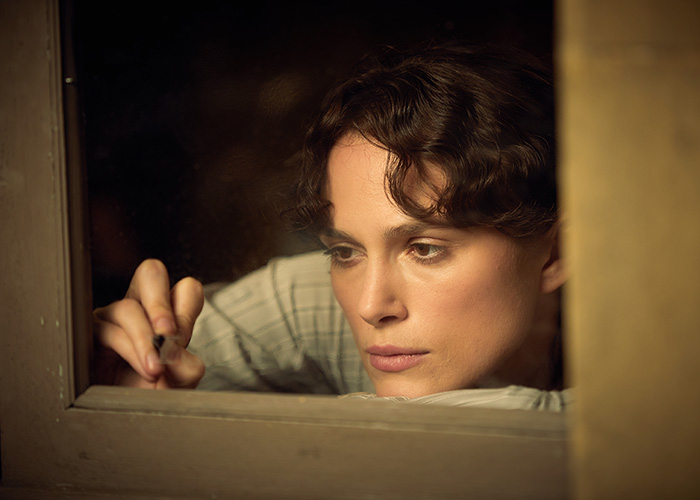
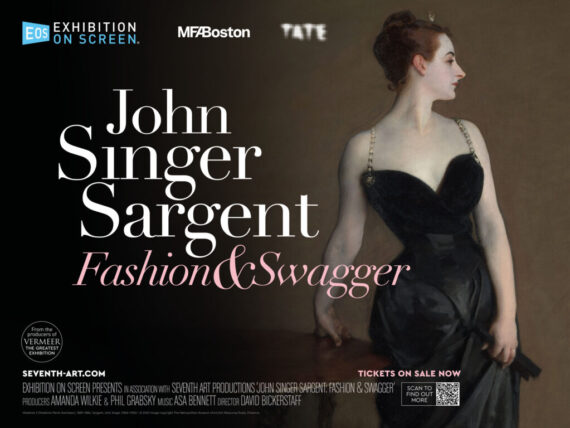



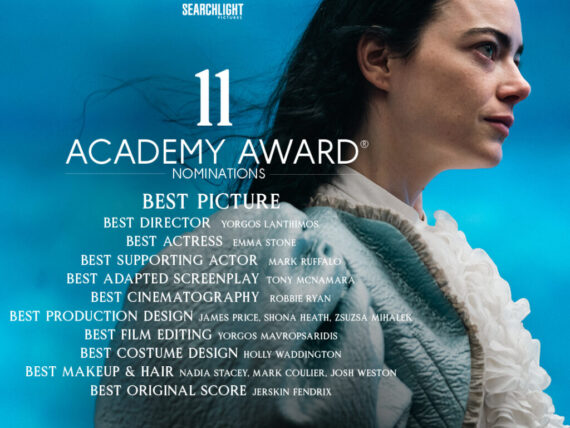
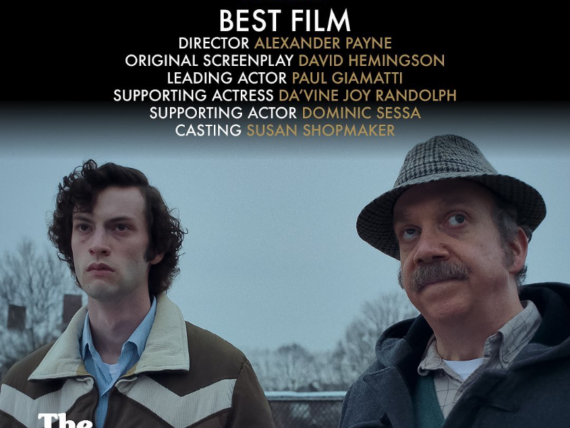
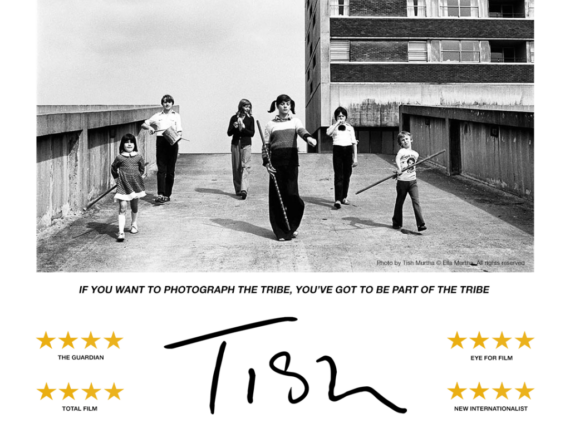

Comments
Comments are closed.